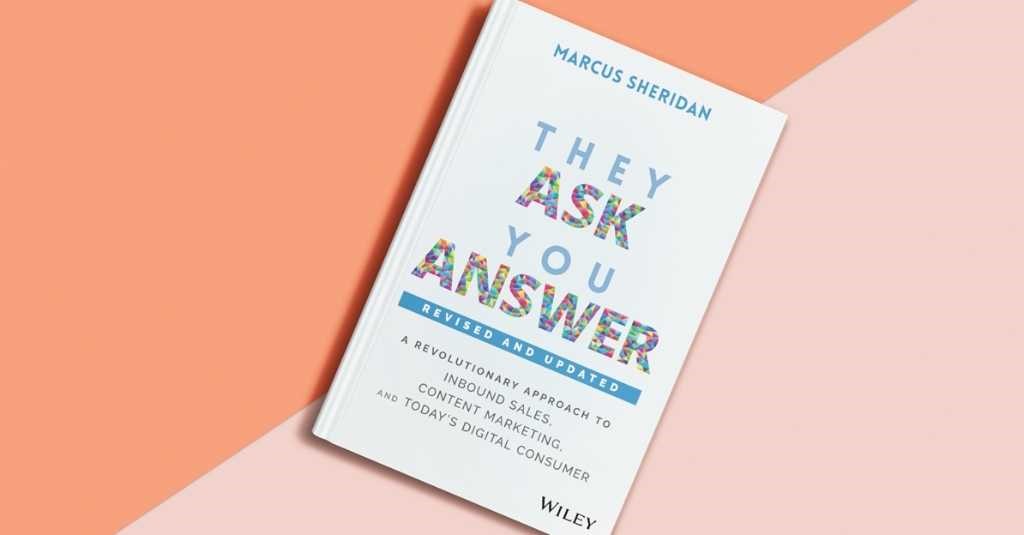While HubSpot is a powerful CRM, Sales and Marketing Software, you might be wondering if it’s powerful enough for large enterprise companies.
Historically, enterprise companies used to opt in for more complex solutions such as Salesforce. Over the last 10 years however, HubSpot has invested millions in enterprise-grade features and onboarded a tonne of enterprise clients. So, the question is, despite capability upgrades, is a simpler, easy-to-use solution like HubSpot powerful enough for the needs of an enterprise company?
In this article, we’re going to cover:
The Difference Between HubSpot and Other Enterprise-level Software
Generally speaking, there are two differences between HubSpot and most other CRM software.
The first difference is that HubSpot centralises its sales, marketing and CRM tools into a single source coded software. This means that HubSpot is an all-in-one CRM which allows us to collect and engage leads across the top of funnel, middle of funnel, and bottom of funnel, while connecting all of our marketing and sales channels in one place so that we can get a birds eye view of everything.
In other words, it’s the ultimate software to combine marketing and sales and have full visibility over our marketing and sales activities. This is very different to other software on the market, such as Salesforce, which either have separate truncated systems connected together making a birds eye view difficult, or which focus more on either marketing or sales, losing out on whichever isn’t the focus for the software.
The second difference between HubSpot and other enterprise level software is strictly concerned with the difference between HubSpot and Salesforce.
Generally, Salesforce wins over HubSpot because of its technical capabilities, so it might seem more appealing than HubSpot for big companies. However, what you might want to consider is whether this difference in technical capabilities justifies the enormous cost difference for your company.

What exactly can Salesforce do that HubSpot can’t?
Realistically, HubSpot can pretty much do anything you need and most of what Salesforce can do. These days, there are very few technical cases where Salesforce wins over HubSpot. This has a lot to do with HubSpot’s API which can be configured to work with any other open API of another software or system on the market.
HubSpot has grown tremendously over just the past 5 years. There was a time for enterprise where I would have said ‘No, HubSpot won’t work for you’, but now I actually think that HubSpot’s sales functionalities and customisation capabilities have exceeded what Salesforce can provide. If customisation was a score out of 100, Salesforce gets 100 points and HubSpot gets 99, but when it comes to ease of use, Salesforce scores a 50 and HubSpot 100. Does the 1 point difference in capability impact the ability for big companies to use HubSpot?
Tasha Dal Bianco, HubSpot Specialist
If we’re talking about Vodafone, Optus, and Fortune 500 companies that have HUGE teams and very custom products and solutions, then yes, this 1 point difference could be significant. However, for the majority of large enterprise level companies, this 1 point difference is not significant enough to justify turning down HubSpot.
Enterprise Companies That Use HubSpot
Despite the fact that Salesforce is most popular with enterprise companies, HubSpot improvements in technical configuration, custom objects and ease of use have resulted in HubSpot being the choice for some of the world’s most successful enterprise companies.
Enterprise companies that use HubSpot include:
- Walmart
- Door Dash
- Suzuki
- Casio
- Shell
- IC Markets (RedPandas client)
- and even the United States Airforce
So, How Big Does Your Company Have to be for Salesforce to be Better?
It’s less about size (as is evidence by some of HubSpot’s biggest clients) and more around technical complexity. It ultimately comes down to a couple of things, including:
- Complexity of processes
- Customisation of products and solutions
- Processes that go with selling these products and solutions
- Advanced integrations with custom software that only integrate with Salesforce
In other words, it’s not so much the size of the company that matters, but instead it is the customisation around its sales and marketing processes that determine whether or not Salesforce is better.
For example, Vodafone has many different products, packaging, pricing points, discounts and more, with a range of different target customers. This makes their selling and marketing process quite complex. On top of this, their team is extremely large (over 95,000 employees), and it’s likely that there is some level of complexity in the way the team is structured. This means that complex processes need to be managed across a large and complex team. In this case, Salesforce is probably a better option for this team.
Up until this day, we have not come across a case like this where HubSpot isn’t a suitable solution for a company. Most likely, if you’re reading this article, HubSpot is a better choice for your company than Salesforce.
All in all, if your team is extremely large and if your processes are extremely complex, then Salesforce is better, otherwise, HubSpot wins.
Features that Enterprise-level Companies Require & HubSpot’s Response
While most businesses will be looking for a mix of reporting and tracking capabilities, sales and marketing features and visibility over marketing and sales activities, enterprise level companies are especially focused on tracking. They want to know:
- What sales reps are doing
- How close they are to closing different deals
- How many calls have been made
- How many emails have been sent out
- ROI of marketing activities
In HubSpot, custom dashboards and team dashboards allow leadership to see all of the above data and more. There are no real limitations that HubSpot presents when it comes to achieving these.
The only time an enterprise-level company would find that HubSpot isn’t a good fit for them would be when they are as already mentioned extremely large and have extremely complex processes.
Is HubSpot Powerful Enough for my Company?
From a feature set point of view? Absolutely. From a technical standpoint? Most likely. It would be best to speak to a HubSpot Implementation Specialist at RedPandas to be truly sure.
In other words, in 99.99% of cases, HubSpot is more than powerful enough (and a great choice) for any business wanting to have visibility over their sales and marketing activities, produce ROI from content marketing efforts, and utilise a powerful CRM.
If you’re interested in using HubSpot for your company, you might want to take a look at Our HubSpot Pricing Guide, which gives you a detailed comparison of different HubSpot packages.
Looking for a HubSpot Partner? Reach out to one of our experts and book a call with one of our HubSpot experts.












